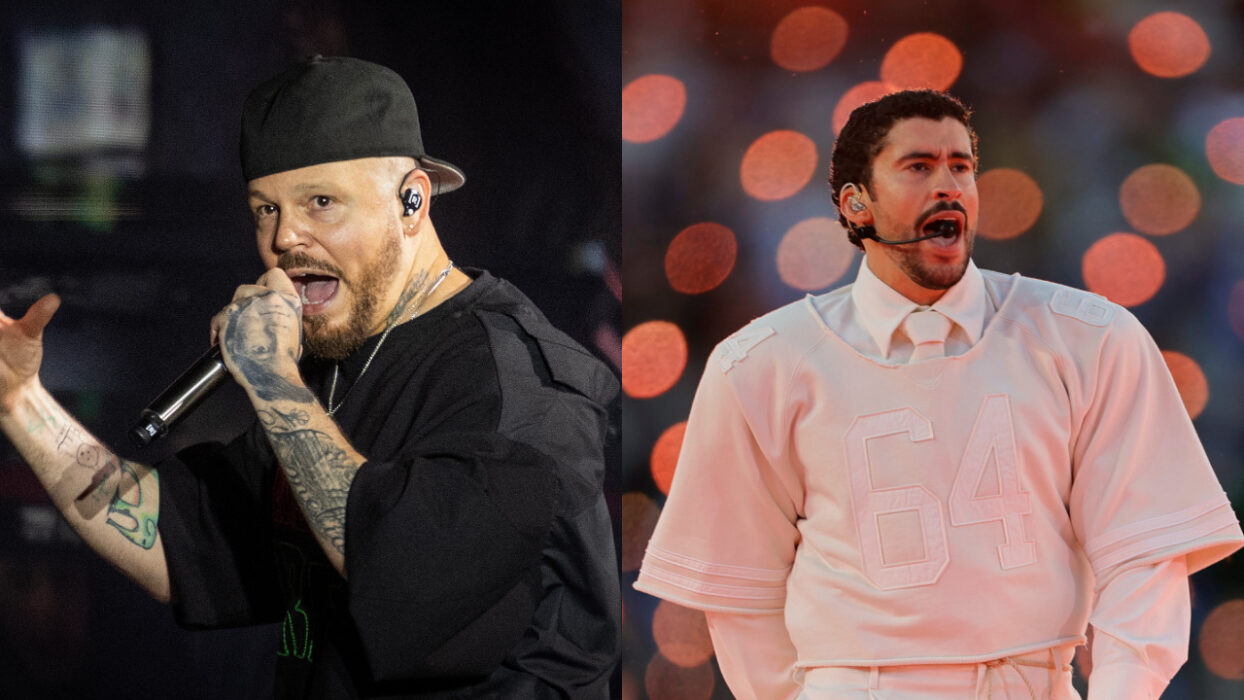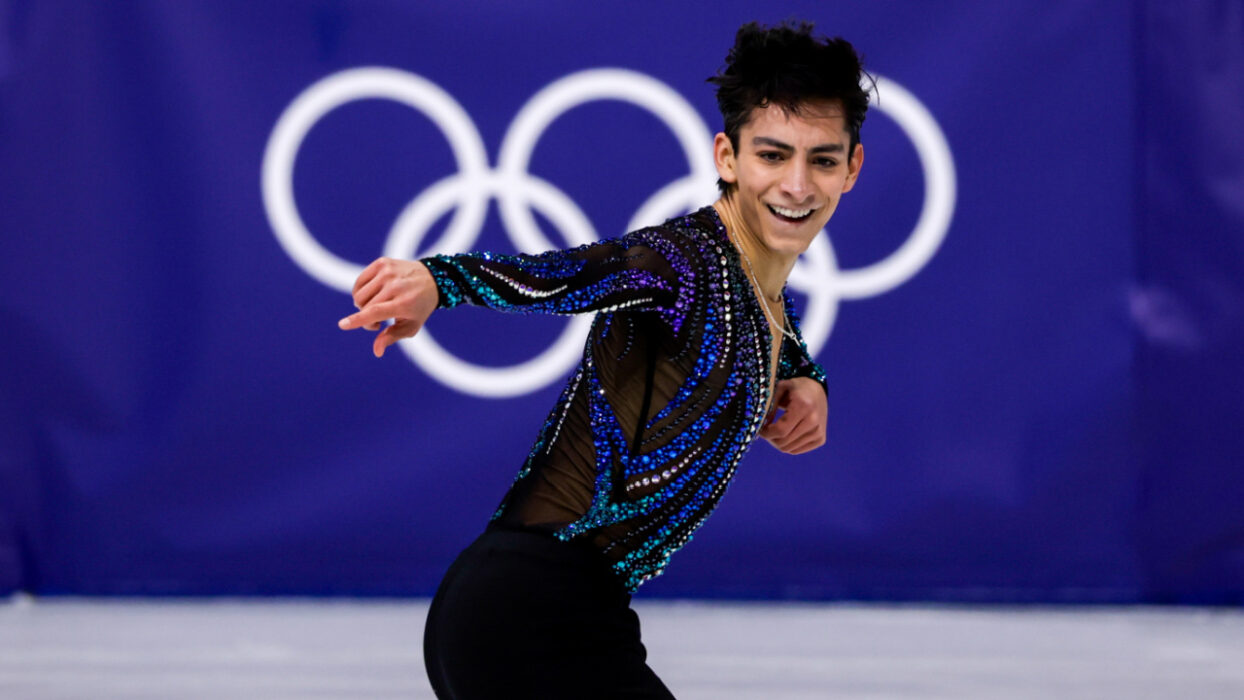
Villano Antillano, First Transwoman in Spotify’s Top 50 Talks Transition: ‘I Always Knew It Would Antagonize’
Her real name is Villana Santiago Pacheco, but people know her by her stage name — Villano Antillano. She is an urban music artist smashing heteronormative values through music and changing the face of the male-dominated rap industry forever.
That takes some ovarios, and Villano has them in spades.
There is little doubt that Villano Antillano is a pioneer. She is a queer disruptor of the urban genre in Puerto Rico, where she was born (in Bayamon). And she is turning the island’s social mores on its head.
Villano surfaced in the national consciousness when she responded to Boricua urban artist Anuel, blasting him and other male rap artists who criticized Villano with her single “Pato Hasta La Muerte.” (Gay until I Die.)
She hasn’t looked back since.
Villano, who points to Panamanian artist Ruben Blades as one of her main influences, is the first transwoman to hit number 50 on Spotify in 2022 and is fast becoming a global sensation.
Today, she is a powerful LGBTQ+ voice. She uses her revolutionary stage presence, lyrics, and fierce beauty to fight against misogyny and discrimination due to gender identity.
Villano Antillano’s crusade for freedom
In a recent Pride month interview with Vogue Mexico, Villano, 28, spoke about her trajectory, what she stands for, and how she coped with her transition.
“Freedom antagonizes,” Villano said, explaining the meaning of her stage name.
“The system doesn’t exist so that you can live truly free or that you can follow, do and decide how you want to live,” she said. “I always knew that transitioning would antagonize because those around me have spent all their lives trying to impede it (the transition).”
“Even the people who you believe are the ones that most love you and will always support you are the first ones to dissuade you. Even my parents, I don’t think they did it with bad intentions, but they know the world was made to destroy us, which frightens them,” she said.
Villano spoke candidly about her transition in Puerto Rico, a deeply religious island
“It has been very difficult. Sometimes impossible,” she said about her transition. “It wasn’t until I was 25 years old, and with that, I have said everything. It simply wasn’t safe.”
“Since early on in my life, I knew. I remember telling myself: ‘I have to hide this because it will cost me so much suffering, problems and it will put me in danger,” she said.
“Since I was five or six, I knew,” she said. “I would go to bed at night and pray, ‘Papá Dios, when I get up in the morning, I want to be a girl.'”
Villano knew people would not see this as normal. She lived in a hostile environment, one that is still present out there in the world.
“At that time, it was my microenvironment, that is, Puerto Rico, where I live and survive,” she said. “I lived under my parents’ tutelage, who didn’t understand me but didn’t have the tools to bring up a transgirl.”
“I think life forces us to be creative about how we hide and let it out,” she said. “Sadly, I took my time, and it was because I tried so much to be on the other side, but it simply wasn’t me.”
As an openly trans artist, Villano acknowledges that she is representing her community
“It is a responsibility, but I also try that it not be,” she said. “In my personal experience, at the end of the day, I am just a girl who makes music and is good at what she does, and that’s the end of it.”
She knows that when a fan connects with her, it’s not the same as if they were relating to a cis-hetero artist.
She might call herself Villana, but she is not the evil character in this story. Like it or not, she is the artist breaking barriers and changing the face of an industry that would have rejected her a few years ago.
As Villano says, “I am not a role model; I am a role villain.” Long may she reign.




